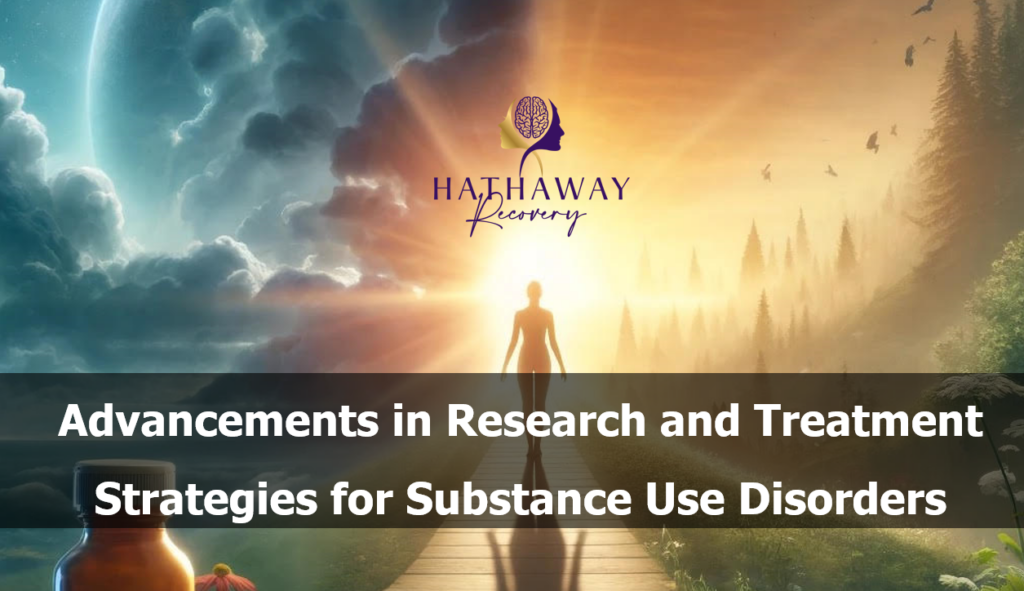Substance use disorders continue to challenge public health, with recent statistics from the National Center for Health Statistics, a division of the Centers for Disease Control and Prevention, indicating a stark increase in drug-related fatalities. In the period from April 2022 to April 2023, the United States recorded over 100,000 deaths due to drug overdoses, the highest annual toll documented to date. This situation, exacerbated by the widespread dissemination of synthetic opioids such as fentanyl, has been declared a “public health emergency” by the National Center for Drug Abuse Statistics.

Approximately 21 million Americans aged 12 and older are currently affected by substance use disorders. Andrew Huhn, a neuroscientist and addiction researcher at Johns Hopkins, underscores the significance of these figures but remains optimistic about recovery prospects through integrated treatment strategies. Utilizing his expertise in neuroscience and behavioral pharmacology, Huhn is actively investigating the mechanisms underlying relapse and the efficacy of pharmacological interventions coupled with supervised withdrawal protocols and therapeutic support to optimize recovery outcomes.
In collaboration with Kelly Dunn and other researchers, Huhn has formed a partnership with Ashley Addiction Treatment, a residential care facility in Havre de Grace, Maryland. This initiative seeks to pinpoint individuals most likely to benefit from targeted withdrawal management and opioid maintenance therapies, thereby broadening the spectrum of treatment modalities available for addiction management.
The research team is pioneering the development of a dynamic database through the Trac9 system, which enables real-time tracking of patient progress via digital devices like tablets and smartphones. This system not only facilitates the monitoring of treatment adherence but also alerts healthcare providers to potential relapses, prompting immediate intervention. Additionally, the use of wearable technology to assess sleep patterns and cardiovascular health, along with mobile applications to monitor resistance to cravings, represents a significant innovation in the field.
Recent studies from this collaboration have highlighted the acute need for tailored treatment approaches for older adults battling alcohol and opioid dependencies, and the critical impact of fentanyl adulteration in the illicit drug market, which has precipitated a surge in overdose fatalities.
One particularly promising research outcome from Huhn’s laboratory involves the use of a sleep aid to improve the management of opioid withdrawal symptoms, demonstrating the potential for pharmacological interventions in enhancing treatment protocols. This ongoing research benefits from advanced techniques such as neuroimaging and continuous behavioral monitoring, drawing parallels with revolutionary developments in oncology and cardiology.
Greg Hobelmann, CEO of Ashley Addiction Treatment and a Johns Hopkins alum, alongside Huhn and Eric Strain, is spearheading efforts to create a comprehensive infrastructure that incorporates extensive patient intake and outcome data. This initiative extends to the systematic collection of biospecimens for genetic and biomarker studies, aiming to establish predictive models for relapse and optimize therapeutic outcomes.
Jimmy Potash, director of the Johns Hopkins Department of Psychiatry and Behavioral Sciences, heralds this integrated platform as a transformative tool for advancing addiction treatment. “This will significantly enhance our ability to understand and address addiction effectively,” he notes.
Despite the persistent challenges in treating addiction, the integration of rigorous scientific research into clinical practice offers a hopeful future. “Our relentless pursuit of data-driven insights paves the way for groundbreaking innovations in addiction treatment, akin to those seen in other medical fields,” concludes Huhn.
Optimizing Selection Criteria for Rehabilitation Programs
Choosing the right rehabilitation program is critical and should be tailored to the individual’s specific needs, the available therapeutic options, and the overall environment of the facility. Effective rehabilitation can profoundly alter lives, equipping individuals with the tools and strategies needed to manage their addiction and achieve a meaningful life.
Hathaway Recovery, recognized for its comprehensive and holistic approach to treatment, stands as a beacon of hope for those committed to overcoming their addictions and starting anew. For individuals ready to embark on a transformative journey, Hathaway Recovery’s Admissions Department provides a compassionate and structured pathway to recovery. They can be reached confidentially at (909) 971-3333.






